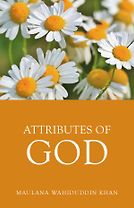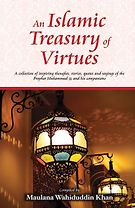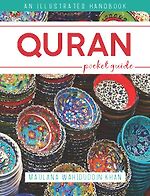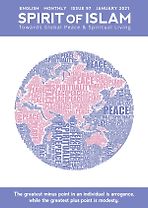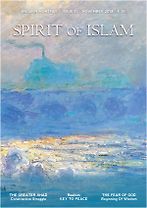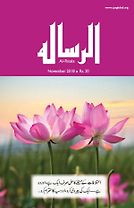whatever a person utters from his lips is genuine dua, or prayer. It is this dua which is dua with ism-e-aazam and such a dua is always in one’s own mother tongue, rather tha in any other language.
Prayer
succeeded in finding it. I asked him what his question was? He said, “I want to know what ism-e-aazam is?” Ism-e-aazam means a prayer that invokes God’s greatest name. He told me that he had read many books
self-induced. You have supposed that ism-e-aazam is like a mantra, that is, a magic formula. Now you want to know that mantra, but this will never happen.” I said that ism-e-aazam is not the name of some words
